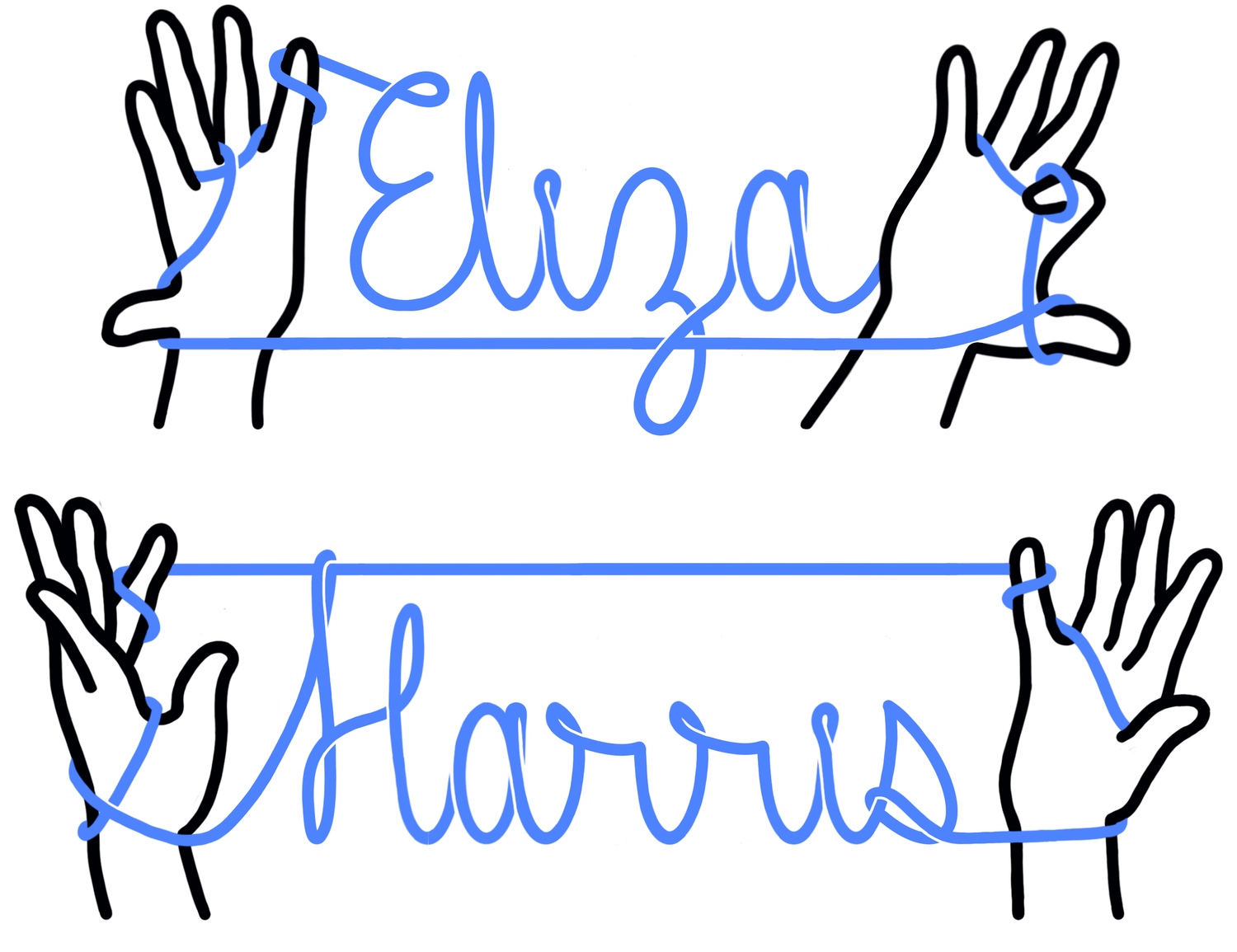Art by Johnny Damm
The Poetry of Comics: A Conversation With Johnny Damm
For the second installment of my interview series with artists working at the intersection of comics and poetry, I spoke with Johnny Damm about the history of poetic comics and his new book, Failure Biographies.
Published in Catapult Magazine
Interview Excerpt:
EH: I admire the range of sources you draw from for your text. From “Hello Betty,” which adapts one family’s postcard correspondence into a horror comic, to “Compton’s Cafeteria, 1966,” which includes the words of participants in that influential San Francisco riot. Can you speak about building work around found dialogue? What draws you to work with it?
JD: Ever since I finished Failure Biographies, I haven’t put my own words in a single comic. I decided I’m going to try to only use other people’s words. My work is interested in the idea of counter-histories, of histories we don’t pay enough attention to. I want to reveal those histories while letting people speak for themselves. For instance, the Compton’s Cafeteria riot is a hugely important piece of history, but I shouldn’t be the one to tell that story—instead, I’m trying to get people to listen to the voices of people who were there. I think what often gets people to notice lesser-known histories is putting them in a new context and a new form. To go back to poetry, it’s Emily Dickinson’s “Tell all the truth but tell it slant.” We have endless information at our fingertips, but that’s not what actually gets through to us. Dickinson says poetry can approach at an angle, dazzling gradually without blinding us, and I look at comics in a similar way. For me, comics provide that slant that hopefully gets people to see history how I see it and how the people I admire see it.
Published 2021. Full interview here.


